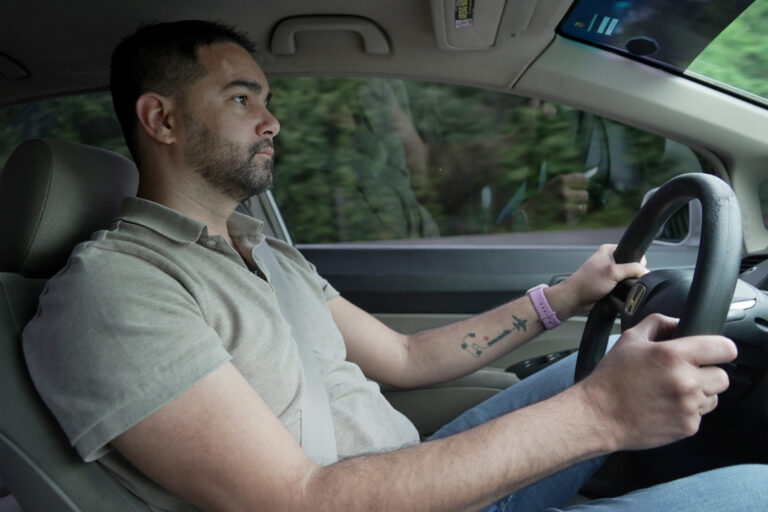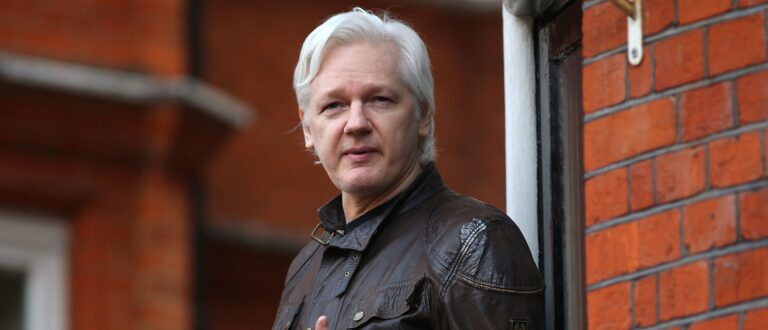On April 24, the Supreme Court raised several “technical questions” and directed the Election Commission to respond to queries concerning the cross-verification of votes cast in electronic voting machines (EVMs) with Voter Verifiable Paper Audit Trail (VVPAT).
The apex court asked the poll officials to address the following questions by 2 pm on today:
Q-1 Is the microcontroller installed in the control unit or the VVPAT?
Q-2 Is the microcontroller one-time programmable?
Q-3 Regarding the symbol loading unit, how many units are available?
Q-4 The EC stated that the limitation period for filing an election petition is 30 days; thus, EVMs are retained for 30 days. However, according to the Representation of the People Act, it is 45 days. Please provide clarification.
Q-5 Are the EVM, VVPAT, and control units stored together or separately?
On April 18, the highest court deferred the case for a verdict after multiple attorneys representing the petitioners, an Election Commission of India (ECI) official, and senior advocate Maninder Singh, who represented the ECI, presented their arguments.
Throughout the proceedings, the SC advised the petitioners who had submitted requests for cross-verification of votes cast in electronic voting machines (EVMs) with Voter Verifiable Paper Audit Trail (VVPAT) not to harbour suspicion toward every action of the Election Commission of India (ECI).
One of the petitioners, the NGO Association for Democratic Reforms (ADR), has requested a reversal of the Election Commission’s 2017 decision to replace the transparent glass on VVPAT machines with an opaque one, allowing voters to view the slip only when the light is on for seven seconds.
The ADR also advocates matching the count in EVMs with votes recorded as cast and ensuring that voters can verify through the VVPAT slip that their vote has been accurately tallied.
Earlier on April 16, the SC dismissed the request of the petitioners to revert back to paper ballots and observed that it would not be practical for a country the size of India to return to paper ballots, considering the population sizes and other factors.
Justice Sanjiv Khanna remarked, “We are in our 60s. We all know what happened when there were ballot papers, you may have, but we have not forgotten.”
The Bench extensively engaged with senior deputy election commissioner Nitesh Kumar Vyas for nearly an hour to comprehend the functioning of EVMs and emphasised to advocate Prashant Bhushan, representing the NGO, that voter satisfaction and trust are vital in the electoral process.
“Everything the ECI does cannot be suspected like this. Please also appreciate if they have done something good. we heard you because we are also concerned,” the Bench had remarked.
First Published: Apr 24 2024 | 11:46 AM IST
#Supreme #Court #questions #ECI #technical #aspects #EVMVVPAT #case #Lok #Sabha #Elections #News






















+ There are no comments
Add yours